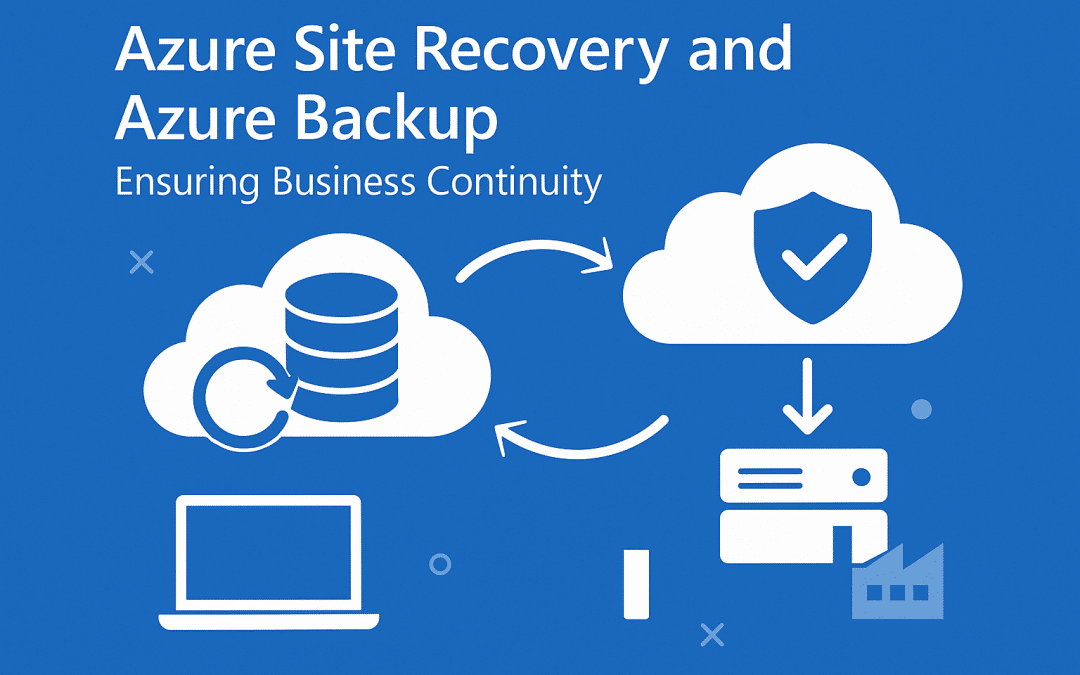Optimizing Server Performance with Bulk IP Solutions.

What is a Server with Bulk IPs?
A server equipped with bulk IPs, alternatively referred to as a multiple IP addresses server or IP block server, is a hosting solution that offers numerous IP addresses on a single physical or virtual server. These IP addresses serve various purposes, including hosting multiple websites or applications with distinct IP addresses, enhancing website performance, bolstering security measures, and more.
Advantages of Bulk IPs
Improved Security
Leveraging bulk multiple IP addresses enhances security by assigning a unique IP to each website or online service on a dedicated server. In case of a compromise, the isolation ensures that other websites on the server remain unaffected. This proves crucial for businesses managing sensitive information or operating high-traffic websites.
Better SEO
Having a dedicated IP address for each website can also improve your search engine rankings. Search engines tend to favor websites with dedicated IP addresses over those with shared IP addresses. This is because dedicated IP addresses are seen as more trustworthy and reliable.
Increased Flexibility
Empowered by bulk IPs, customize your server to meet specific needs. Allocate distinct IP addresses to various websites or online services, gaining greater control over your online presence. This flexibility enables seamless addition or removal of websites without impacting others on the server.
Cost Savings
While dedicated server with bulk IPs may seem like a more expensive option, it can actually save you money in the long run. With shared hosting, you may end up paying for resources that you don’t need or use. With a dedicated server, you have the ability to allocate resources as needed, making it a more cost-effective option.
Bulk IP Use Cases
- Hosting Multiple Websites: One of the most common use cases is hosting multiple websites on a single server, each with its own unique IP address. This approach can be beneficial for businesses or web developers managing several projects.
- Improved Website Performance: By assigning different IP addresses to different websites, you can distribute the server’s load more evenly. This can lead to improved website performance, especially during high traffic periods.
- SEO and IP Diversity: Search engines, like Google, consider the IP address of a website when determining search rankings. Using multiple IP addresses can help diversify your website’s IP profile, potentially improving SEO.
- Email Marketing: Bulk IPs can be utilized for email marketing campaigns. Having separate IPs for different campaigns or clients can enhance email deliverability and prevent one poor-performing campaign from affecting others.
- Security and Isolation: Each IP address can be used to isolate different services or applications for enhanced security. If one IP is compromised, it won’t necessarily affect the others.
- Load Balancing: Bulk IPs can be used in conjunction with load balancing to distribute traffic efficiently across multiple ip addresses servers, ensuring high availability and redundancy.
Set Up a Server with Bulk IPs
Choose a hosting provider that offers bulk IP services, configure your server to recognize and utilize the IPs, and make necessary DNS and web server configurations to set up a server with bulk IPs. Collaborate with a knowledgeable sysadmin or hosting provider for accurate setup.
To set up a server with bulk multiple IP addresses, follow these detailed steps in this comprehensive guide:
-
Choose a Hosting
Select a hosting that offers server with bulk IPs. Ensure they can provide the number of IP addresses you need. Compare providers to find one that meets your specific requirements.
-
Purchase a Server Plan
Upon purchasing the server, receive login credentials, and access your server through SSH, a control panel, or a remote desktop connection, depending on your provider and server type.
-
Access Your Server
Once you’ve purchased the server, you’ll receive login credentials. Access your server through SSH, a control panel, or a remote desktop connection, depending on your provider and server type.
-
Configure IP Addresses
Configure your server to recognize and utilize the bulk multiple IP addresses. The exact steps may vary based on your server’s operating system and the hosting provider’s interface. Here’s a general outline:
. List the IP addresses: Check with your hosting provider to get a list of the bulk multiple IP addresses assigned to your server.
. Assign IP addresses to network interfaces: Edit your server’s network configuration files to assign each Multiple IP addresses to a network interface. In Linux, this is usually done in the /etc/network/interfaces file.
. Set up routing: Ensure your server is correctly routing traffic through the assigned multiple IP addresses. This may require configuring network routes or using network configuration tools provided by your hosting provider.
-
DNS Configuration
Point the specific IP address for your WordPress site by updating your domain’s DNS settings through your domain registrar’s control panel or DNS management platform.
-
Install WordPress
Download and set up WordPress for your server using SSH and command line or an FTP client, depending on your server’s configuration.
-
Create a Database
Create a new MySQL or MariaDB database for your WordPress site. Configure WordPress to use this database by editing the wp-config.php file.
-
Web Server Configuration
Set up your web server (e.g., Apache or Nginx) to host your WordPress site. Create virtual hosts or server blocks for each domain or subdomain you want to associate with a specific IP address.
-
SSL/TLS Certificates
To secure your websites with SSL/TLS certificates, acquire and install certificates for each domain or subdomain. Afterwards, configure your web server to utilize these certificates.
-
Test Your Sites
Ensure your websites are correctly resolving to the appropriate IP addresses by visiting them through their domains or subdomains. Check for any issues and make necessary adjustments.
-
Theme and Content
Customize your WordPress blog by selecting a theme and adding content.
-
Plugins and Security
Install necessary plugins and, following best practices for WordPress security, ensure your WordPress installation is secure.
-
Monitoring and Maintenance
Consistently monitor your server, perform updates, and create backups to uphold the performance and security of your WordPress sites. Keep in mind that setting up a server with multiple IP addresses requires technical expertise, so having knowledge of server administration and networking is essential. If you’re not comfortable with these tasks, consider seeking professional assistance or opting for managed hosting services that offer this configuration.
Explore More; 99RDP Support: Your Ticket to Assistance in WHMCS!



